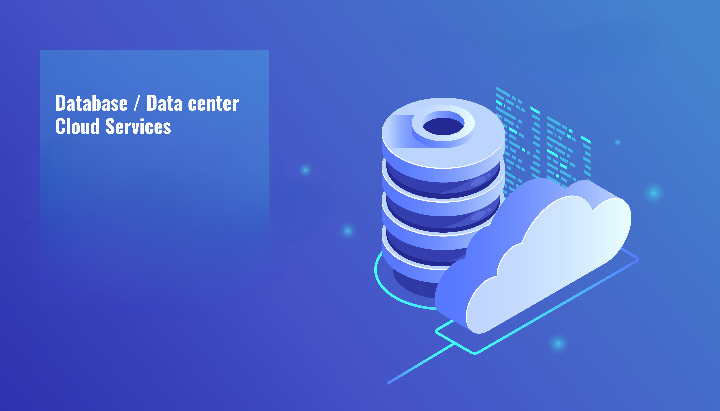The Advantages Of Cloud Server

Cloud servers have evolved into a fundamental pillar of contemporary IT infrastructure, endowing both enterprises and individuals with a plethora of compelling advantages. Among these advantages are:
- Scalability: Cloud servers exhibit a remarkable capacity for scalability, enabling seamless adjustments to computing resources in direct response to fluctuating needs. Whether one is an entrepreneurial fledgling or a corporate giant, the ability to swiftly augment or curtail resources is an invaluable feature, effectively accommodating shifts in website traffic, app utilization, or data storage requirements.
- Cost-Efficiency: Embracing a pay-as-you-go model, cloud servers dispense with the necessity for substantial upfront capital investments in hardware and infrastructure. This cost-effective approach renders cloud technology accessible to enterprises of all sizes, effectively curtailing the overall cost of ownership.
- High Reliability: Cloud providers are distinguished by their provision of redundancy and failover systems, culminating in a superlative degree of availability and the minimization of downtime. The diffusion of data across diverse servers and data centers acts as a bulwark against data loss precipitated by hardware malfunctions.
- Accessibility: Cloud servers bestow universal access to data and applications, irrespective of geographic location, via an internet connection. This attribute is instrumental in modern business, facilitating flexibility and empowering a remote workforce.
- Security: Cloud providers commit significant resources to fortify data security. This commitment encompasses the implementation of robust data encryption, access controls, and compliance standards that often surpass what the majority of businesses can independently afford. Data is securely domiciled within data centers fortified with stringent physical security measures.
- Disaster Recovery: Cloud servers come equipped with integral disaster recovery mechanisms. Data is methodically backed up, and restoration is executed with seamless ease in the event of data loss, guaranteeing the sustained continuity of business operations.
- Flexibility: Cloud services manifest in diverse models, including Infrastructure as a Service (IaaS), Platform as a Service (PaaS), and Software as a Service (SaaS). This diversity allows enterprises to opt for the model most congruent with their specific exigencies, be it a preference for untrammeled control over infrastructure or a managed service that facilitates focus on applications.
- Automatic Updates: Cloud providers shoulder the mantle of server maintenance and software updates, ameliorating the operational burden on the IT contingent. This ensures the perpetual currency of infrastructure, replete with the latest security patches and features.
- Environmental Benefits: Cloud data centers are meticulously designed to exemplify energy efficiency. Their adeptness in efficiently catering to multiple clients on shared hardware translates into reduced energy consumption in comparison to traditional data centers. This effectuates a diminished carbon footprint and proffers environmental benefits.
- Global Reach: Cloud servers proffer a global purview, empowering enterprises to store and access data on a worldwide scale. This feature proves indispensable for businesses endowed with an international clientele or bound by the imperative to adhere to data residency stipulations in various global regions.
In professional consideration, it is paramount to acknowledge that the adoption of cloud servers can culminate in enhanced operational efficiency, reduced financial outlays, and the augmentation of corporate capabilities. Furthermore, it is prudent to emphasize that each enterprise should meticulously evaluate its specific requirements when contemplating the integration of cloud technology into its operational framework.










ElpYkvPKjzU